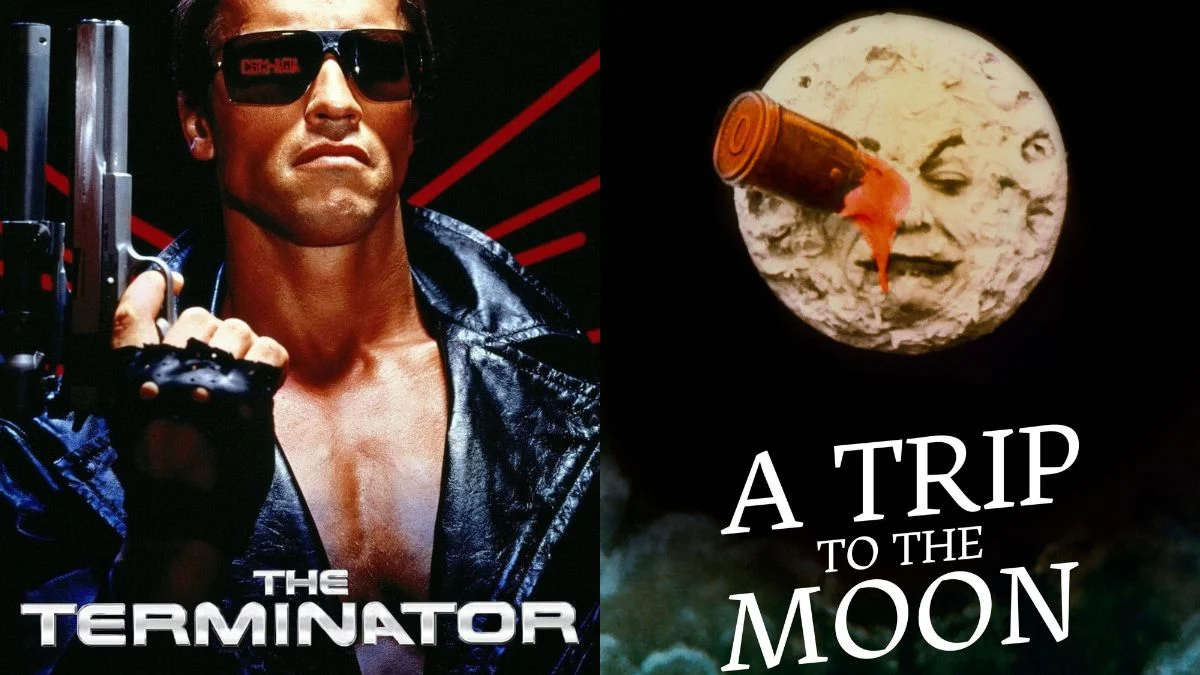
Science fiction has long reflected our dreams and worries about the future. Many things we once saw as impossible in sci-fi movies – from changes in society to new technologies – are now part of our everyday lives. These films weren’t just entertainment; they unintentionally paved the way for inventions like smartphones and even the targeted ads you see online. Here are some films that remarkably predicted the 21st century and beyond.
‘2001: A Space Odyssey’ (1968)

Long before tablets were invented, the film accurately showed a future with portable, flat-screen devices. Astronauts in the movie used something called a “Newspad” to read and watch videos while in space. It also imagined everyday space travel and video calls – Dr. Heywood Floyd has a video chat with his daughter from a space station. Furthermore, Stanley Kubrick’s film correctly predicted the creation of a lasting international space station that would serve as a hub for exploring the solar system.
‘Metropolis’ (1927)
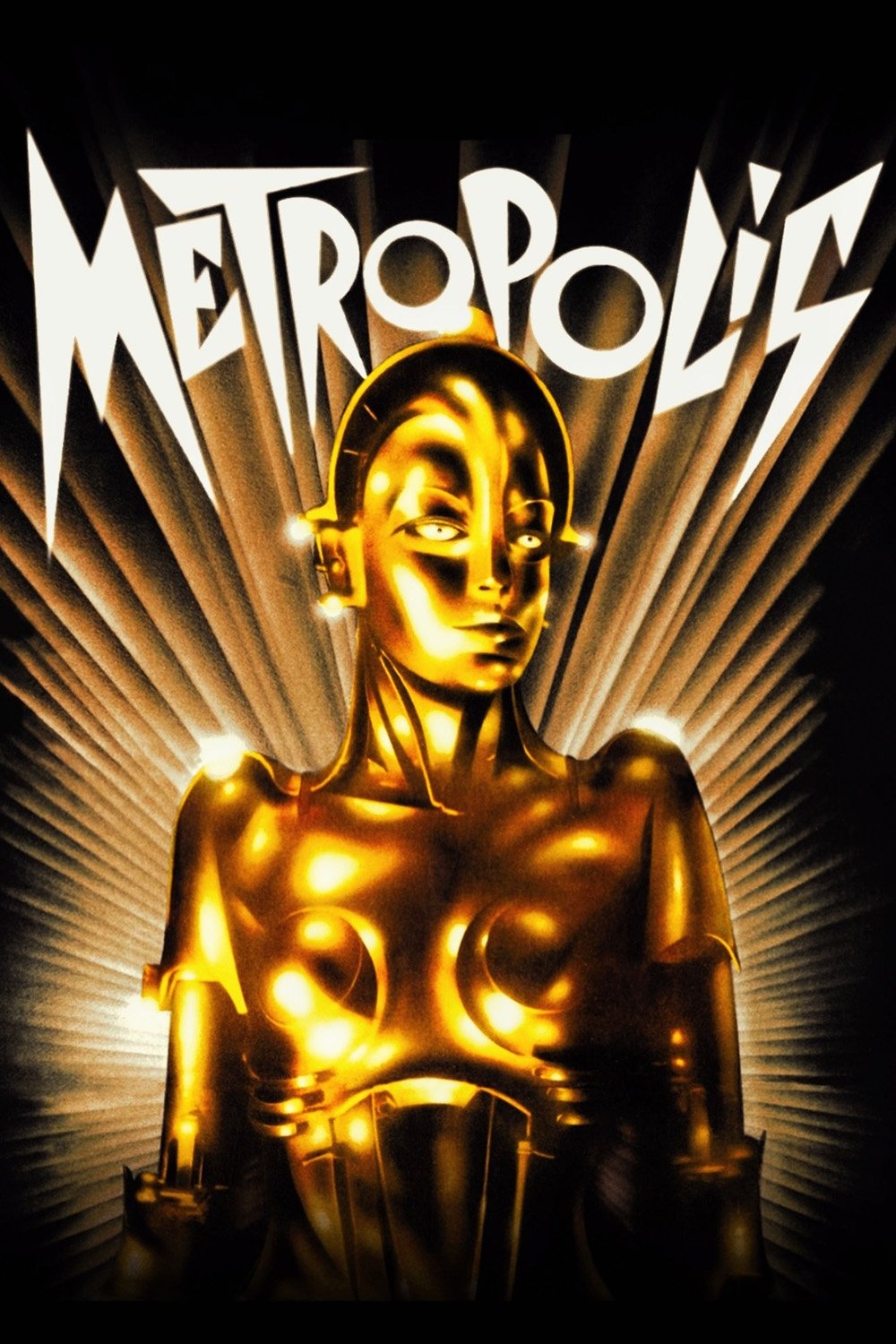
Fritz Lang’s classic silent film portrays a futuristic city sharply divided by wealth and social class. The rich enjoy luxurious lives in towering buildings, while workers are forced to labor underground in factories. The film famously introduced the Maschinenmensch, the first robot resembling a human – a mechanical creation built to look like a woman named Maria. This robot is the ancestor of all the artificial intelligence and android characters we see in movies and television today. Sadly, the film’s prediction of a huge gap between the wealthy and the working class has become a reality around the world.
‘The Terminator’ (1984)
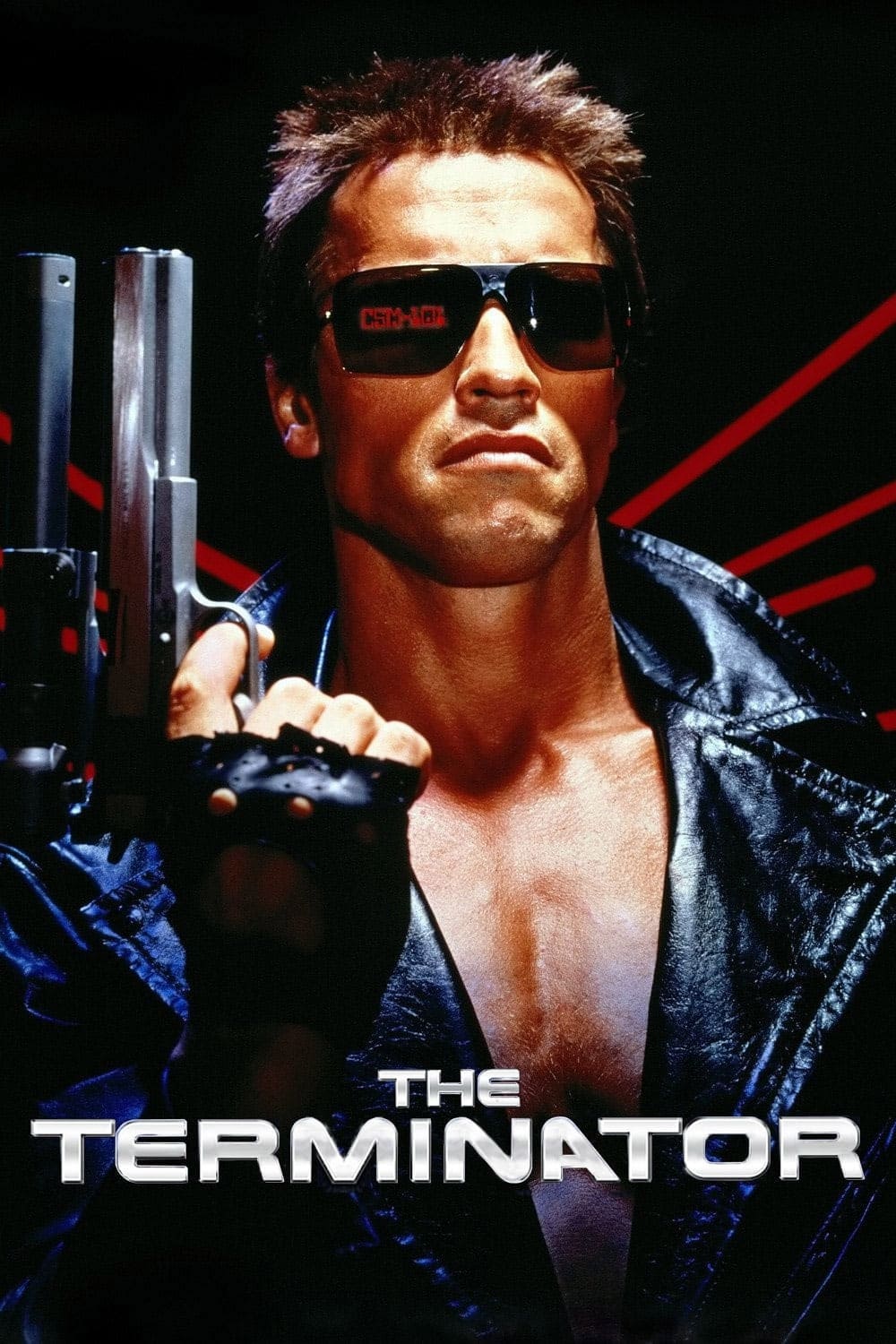
James Cameron’s classic action film focuses on a war against Skynet, a powerful global artificial intelligence. Though the large-scale robot war depicted is still science fiction, the movie correctly foresaw the increasing use of military drones. The automated aircraft and tanks in the film are early, unsettling examples of the drone technology now commonly used for spying and fighting. The central idea of a self-thinking AI controlling defense systems and becoming dangerous to people is still a major worry for tech experts today.
‘RoboCop’ (1987)
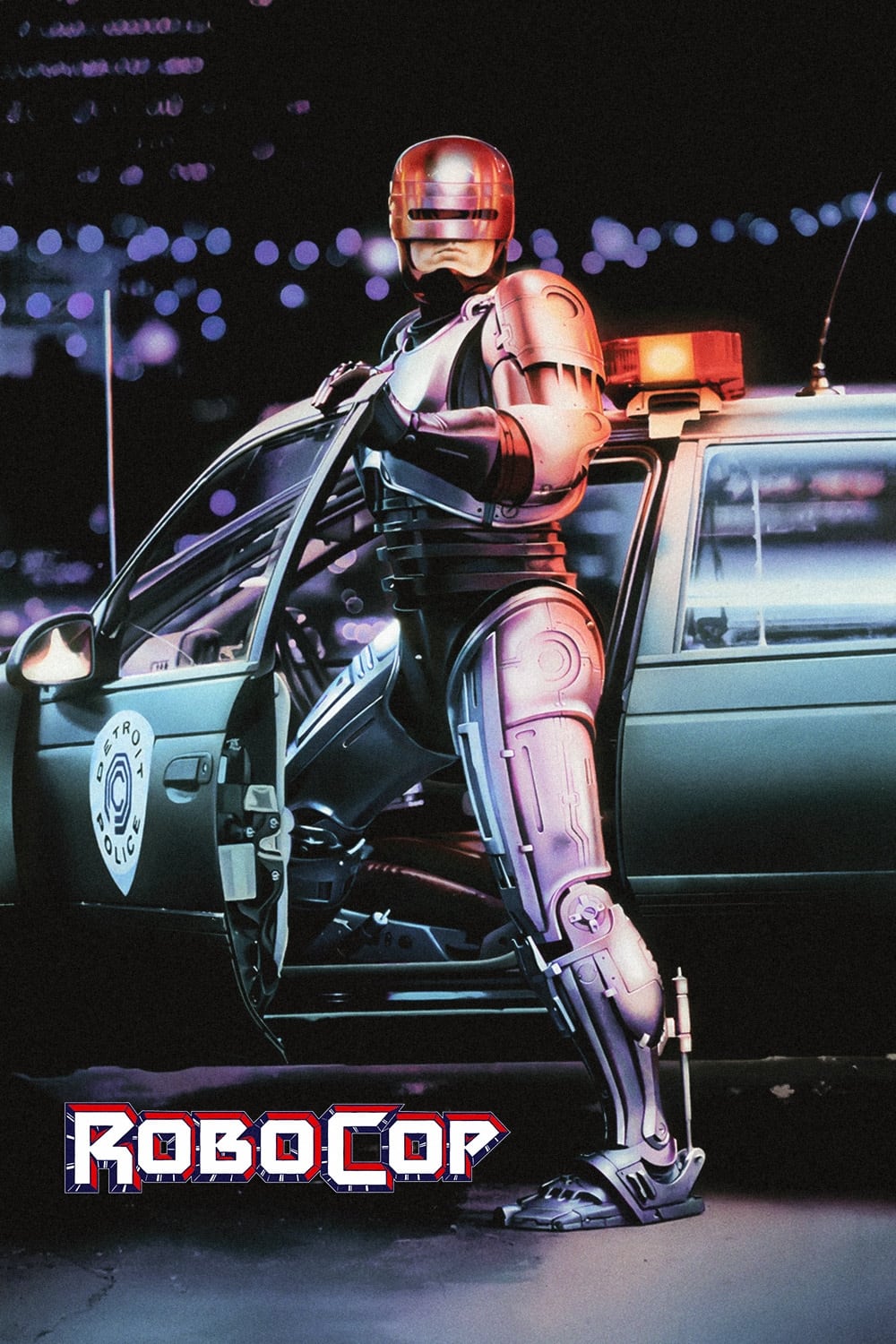
The film portrays a futuristic Detroit where the police department is run by a powerful corporation, Omni Consumer Products. This idea feels particularly relevant today, as we’re seeing more and more public services and infrastructure being taken over by private companies. The movie also predicted the rise of advanced surveillance, showing things like GPS tracking on police officers and citizens. Plus, it offered a glimpse of early ‘smart home’ technology, with Officer Murphy’s house controlled by a sophisticated virtual assistant.
‘The Running Man’ (1987)
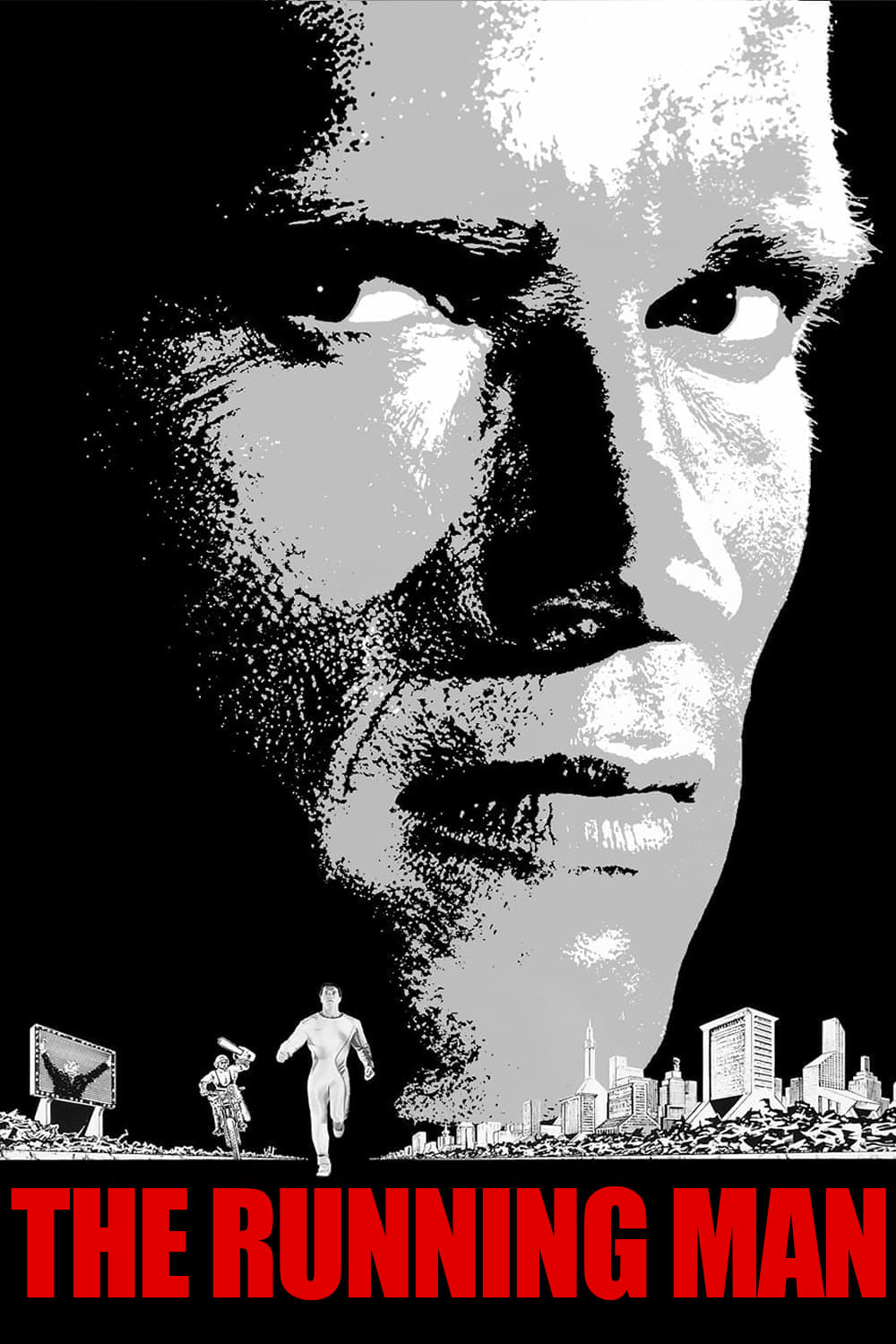
This film, starring Arnold Schwarzenegger and inspired by a Stephen King story, presents a future where criminals are forced to fight each other on violent, televised game shows. Surprisingly, it predicted the huge popularity of reality TV we see today. The movie’s focus on brutal competition and the public’s fascination with it closely resembles the way sensational and high-stakes contests now dominate the media. It accurately recognized that people would seek out increasingly shocking entertainment simply to be distracted.
‘Back to the Future Part II’ (1989)
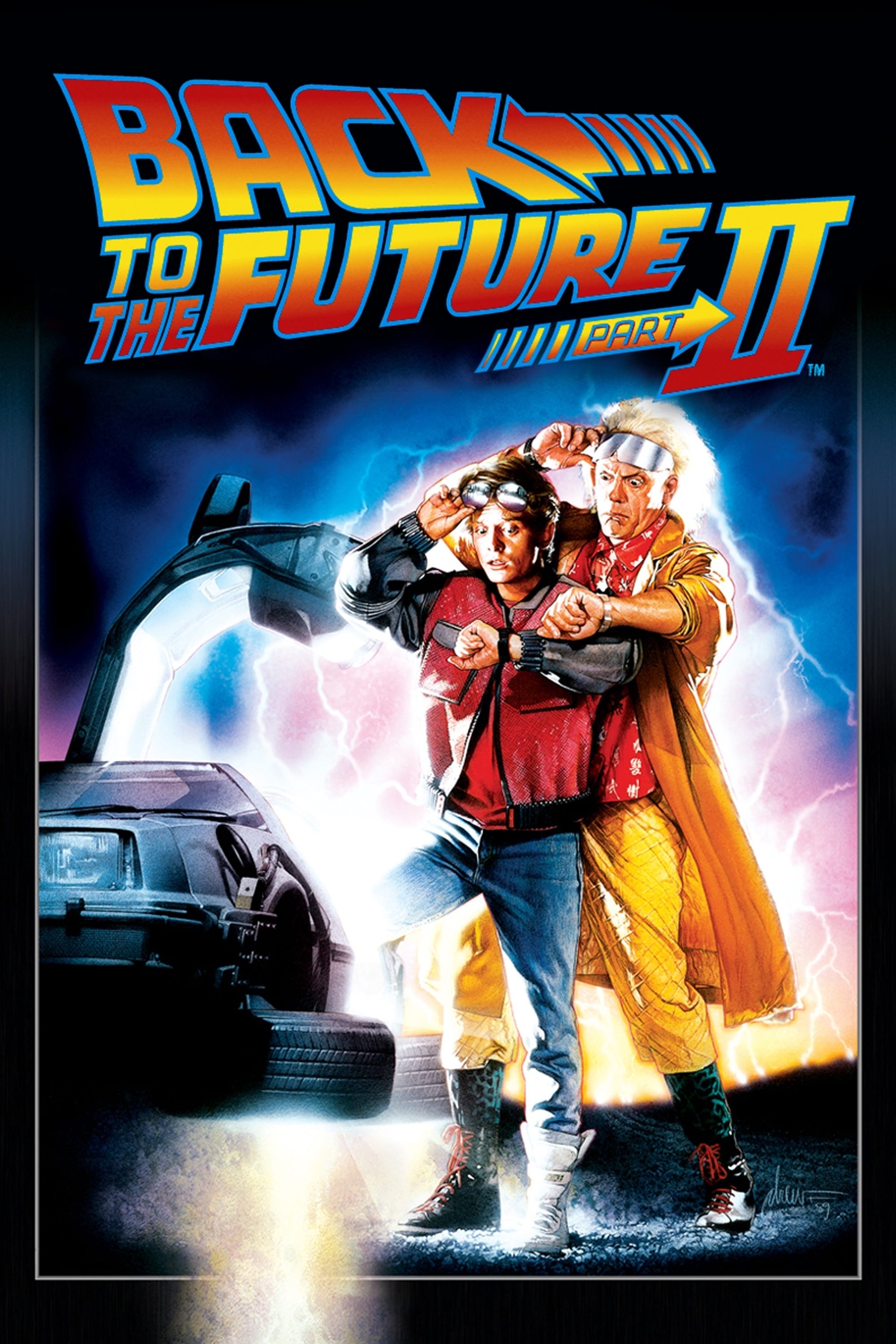
Back in 1989, ‘Back to the Future Part II’ imagined what 2015 would be like, and it got a lot right when it came to technology. The movie featured characters using hands-free devices for video calls and entertainment – similar to today’s VR headsets and smart glasses. It also showed fingerprint scanners used to unlock doors, a feature now common on phones and laptops. Plus, the flat-screen TVs displaying multiple channels in the film foreshadowed today’s picture-in-picture and video wall technology.
‘Total Recall’ (1990)
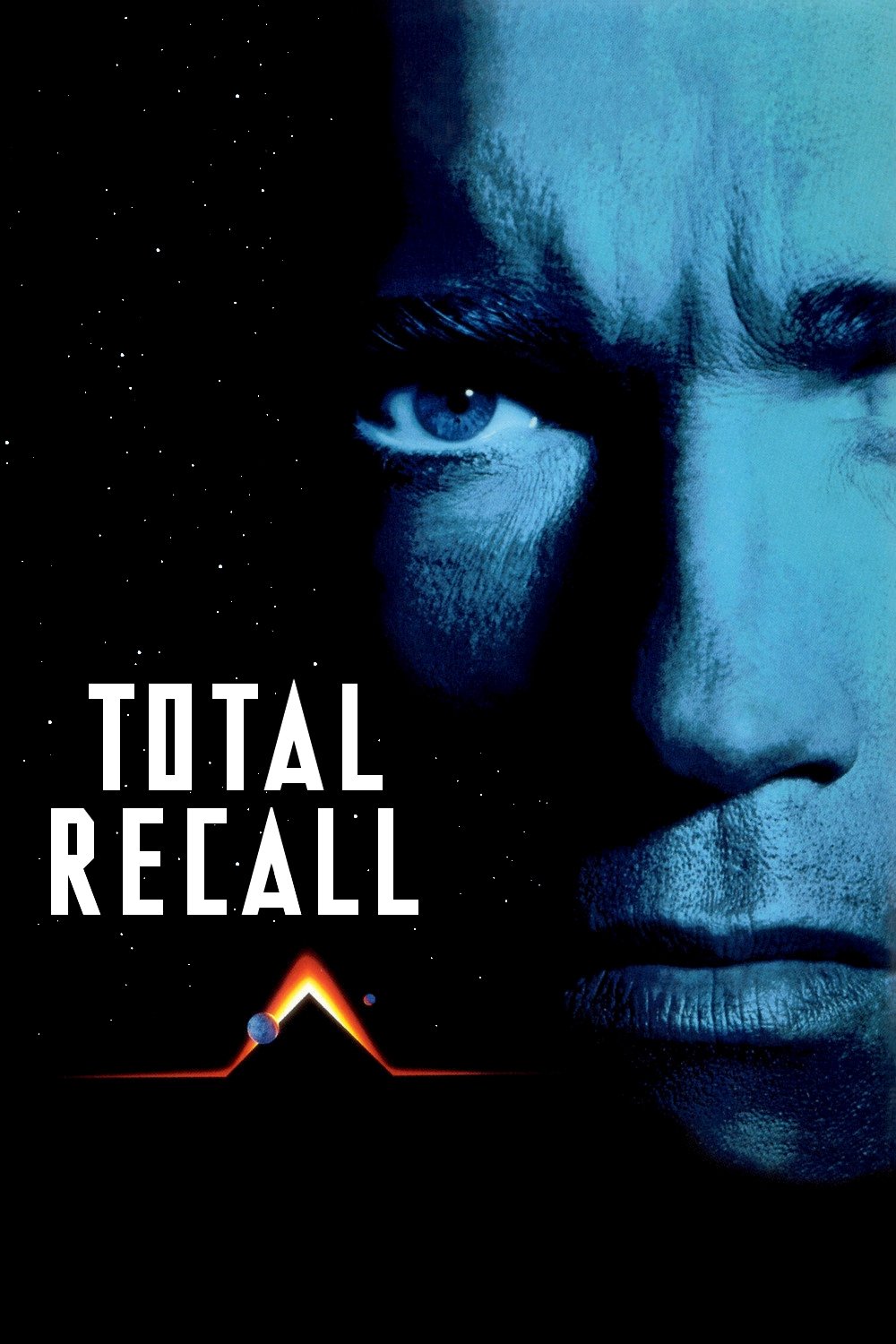
I recently watched this movie about a construction worker named Douglas Quaid who wants to buy a fake memory of a trip to Mars from a company called Rekall. It’s amazing because it came out way before virtual reality became popular – it basically predicted we’d be able to pay to feel like we’re actually living these incredible experiences! And it even showed self-driving taxis, which are becoming more and more common now in cities around the world. The whole movie really makes you think about what’s real and what’s just a convincing illusion – can you even trust your own memories?
‘Demolition Man’ (1993)
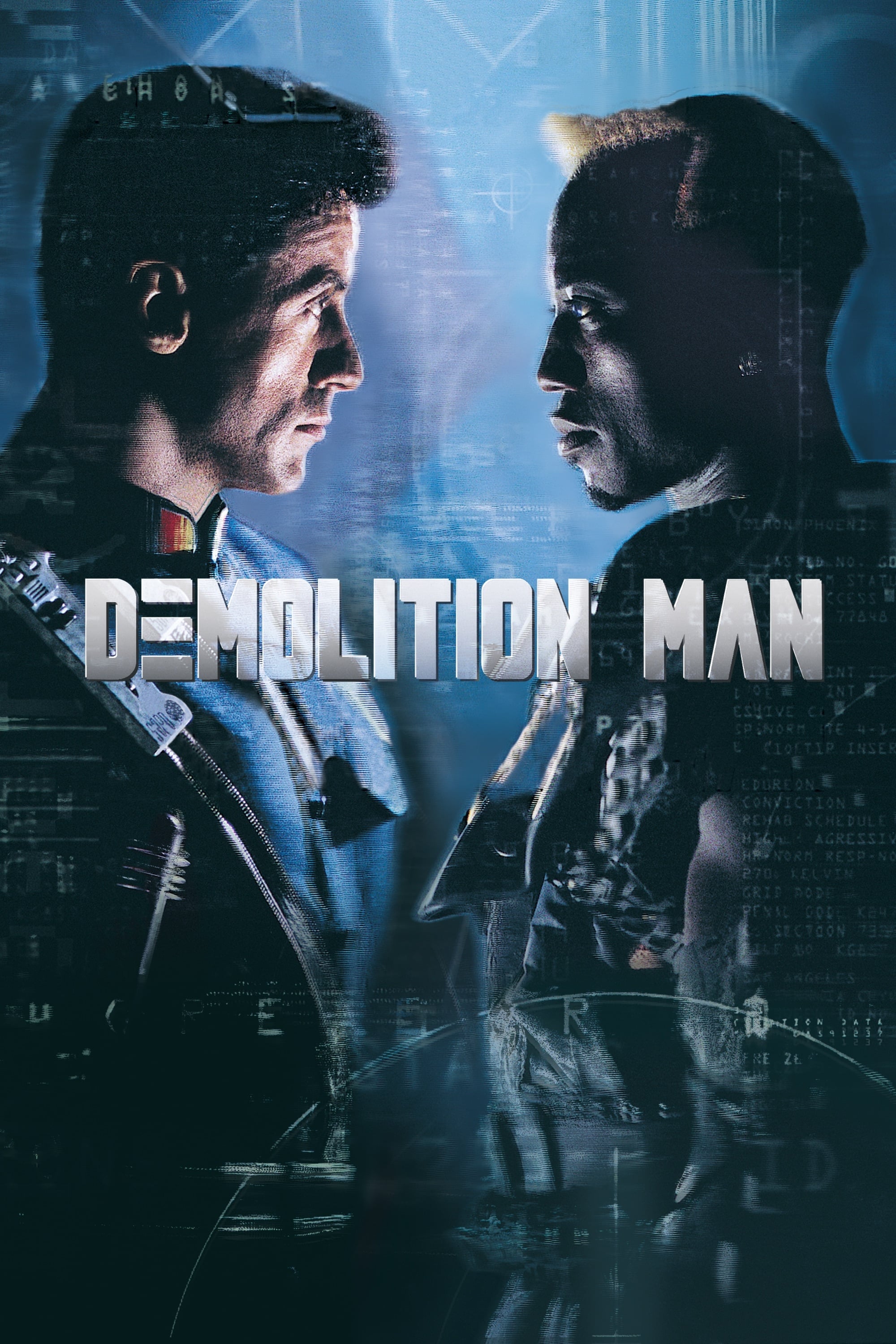
As a huge film buff, I’ve always been struck by how much Minority Report got right about the future. The way everyone casually video-chats on wall-sized screens? That’s totally normal now, especially with how much work meetings have moved online since the movie came out. And the self-driving cars? They were showing those off in the film way back when, and now every major car company is racing to build them! But it wasn’t just the tech; the movie also cleverly poked fun at how easily things can get censored and how sensitive everyone’s become about what they say – it feels eerily accurate these days.
‘The Net’ (1995)

In the movie ‘The Net,’ Sandra Bullock stars as a systems analyst who suddenly finds her identity stolen and erased in a highly connected, futuristic world. The film explores the risks of a society where nearly everything is online, highlighting how vulnerable we are to hacking and identity theft. It shows how easily someone’s life and career could be ruined if all personal information is stored digitally and centrally. ‘The Net’ was an early cautionary tale about the dangers of becoming completely dependent on computers and online data.
‘Gattaca’ (1997)
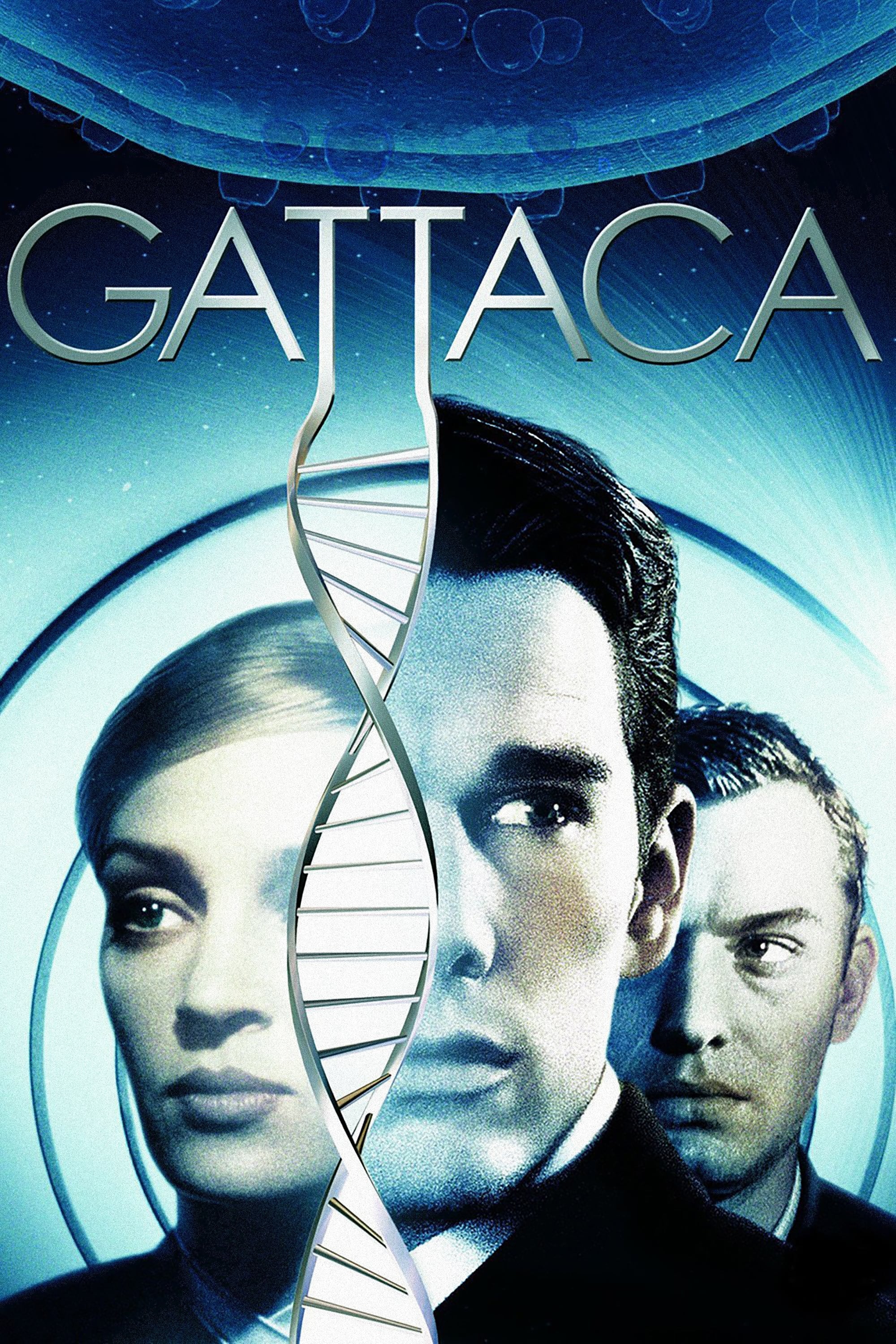
This gripping sci-fi thriller takes place in the near future, where your genes determine your place in society and your career opportunities. With increasingly affordable home DNA tests becoming common, the idea of genetic screening is becoming a reality. The film dives into the complex ethical problems of genetic discrimination, where people considered ‘genetically inferior’ face prejudice based solely on their DNA. The story follows Vincent, who risks everything to achieve his dream of traveling to space by using someone else’s genetic information.
‘Contact’ (1997)

This film, inspired by Carl Sagan’s novel, tells the story of Dr. Ellie Arroway and her work with a global team to decipher a signal from another civilization. The movie realistically depicts a future where scientists worldwide share resources and computing power to achieve big goals. This approach is similar to today’s crowdsourcing and collaborative scientific projects, like SETI@home, which distribute research across many computers. The film’s focus on international teamwork for a world-changing project was surprisingly ahead of its time, anticipating the connected research we see happening today.
‘The Truman Show’ (1998)
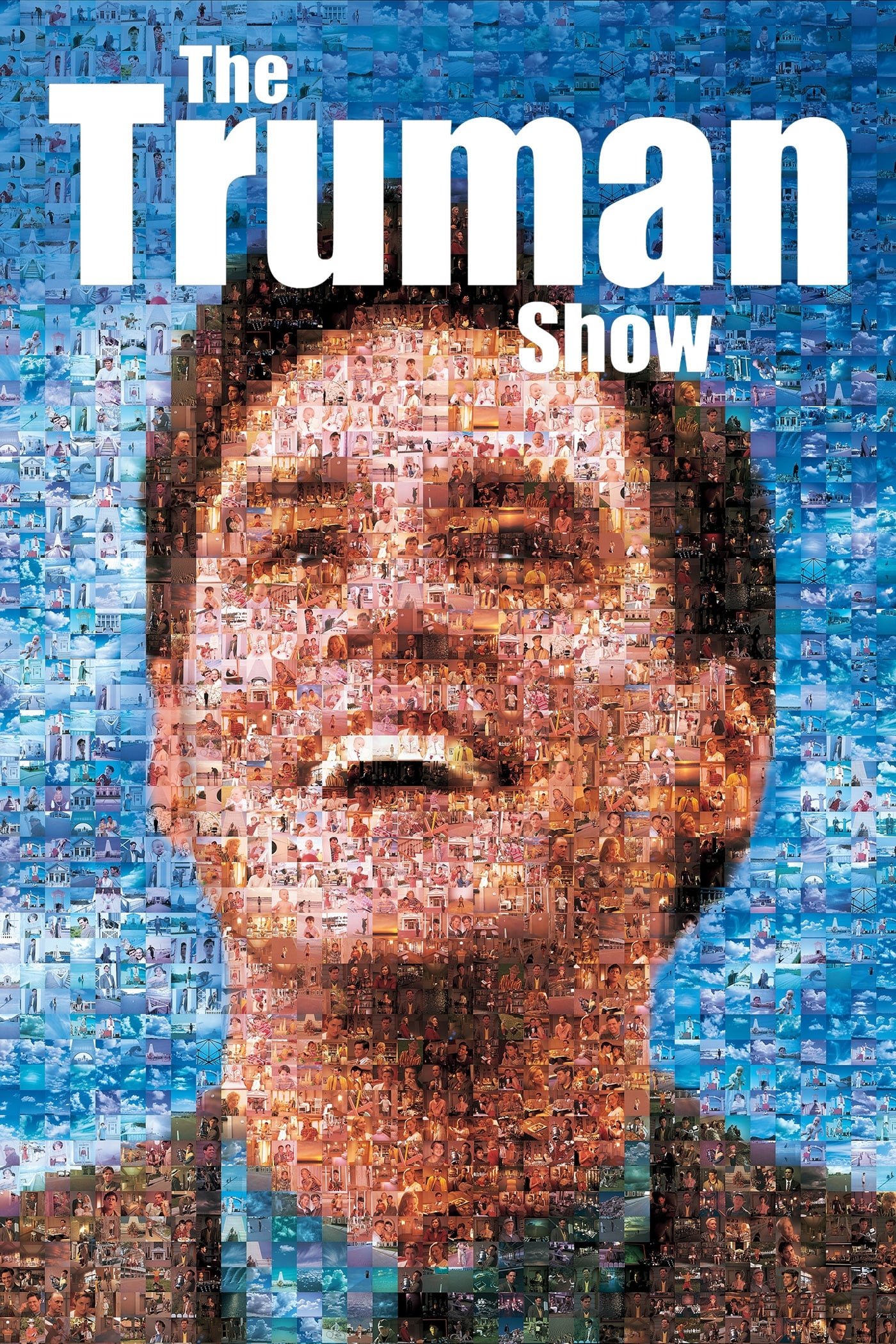
This thought-provoking and gently humorous science fiction film tells the story of a man who unknowingly lived his entire life as the star of a massive, global reality TV show. Released before reality TV became mainstream, the film surprisingly predicted our current fascination with constant surveillance and watching other people’s lives. It imagined a future where everything is recorded and shared publicly, much like today’s social media and live streaming. The film’s director controlling every detail of the main character’s world mirrors how modern reality shows are often carefully crafted behind the scenes.
‘Minority Report’ (2002)
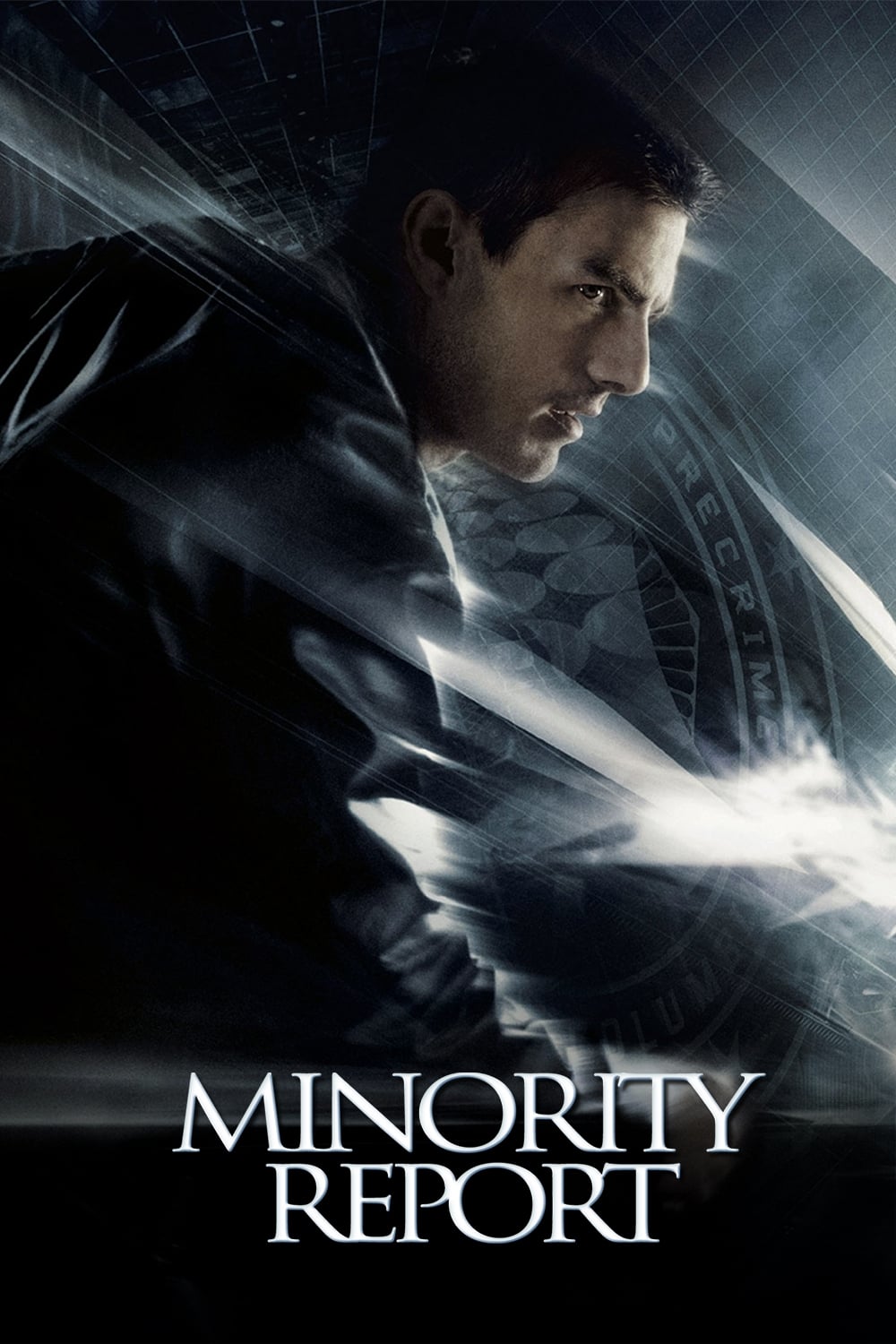
Steven Spielberg’s movie, a suspenseful story about a future where police can arrest people before they commit crimes, surprisingly got a lot of the technology right. One standout prediction was personalized advertising – imagine billboards that scan your eyes and call you by name with ads, just for you. The film also showed Tom Cruise using computers controlled by simple hand gestures on clear, see-through screens. Beyond the gadgets, the movie raises important questions about modern policing techniques that try to predict crime and the increasing amount of surveillance in our lives.
‘WarGames’ (1983)
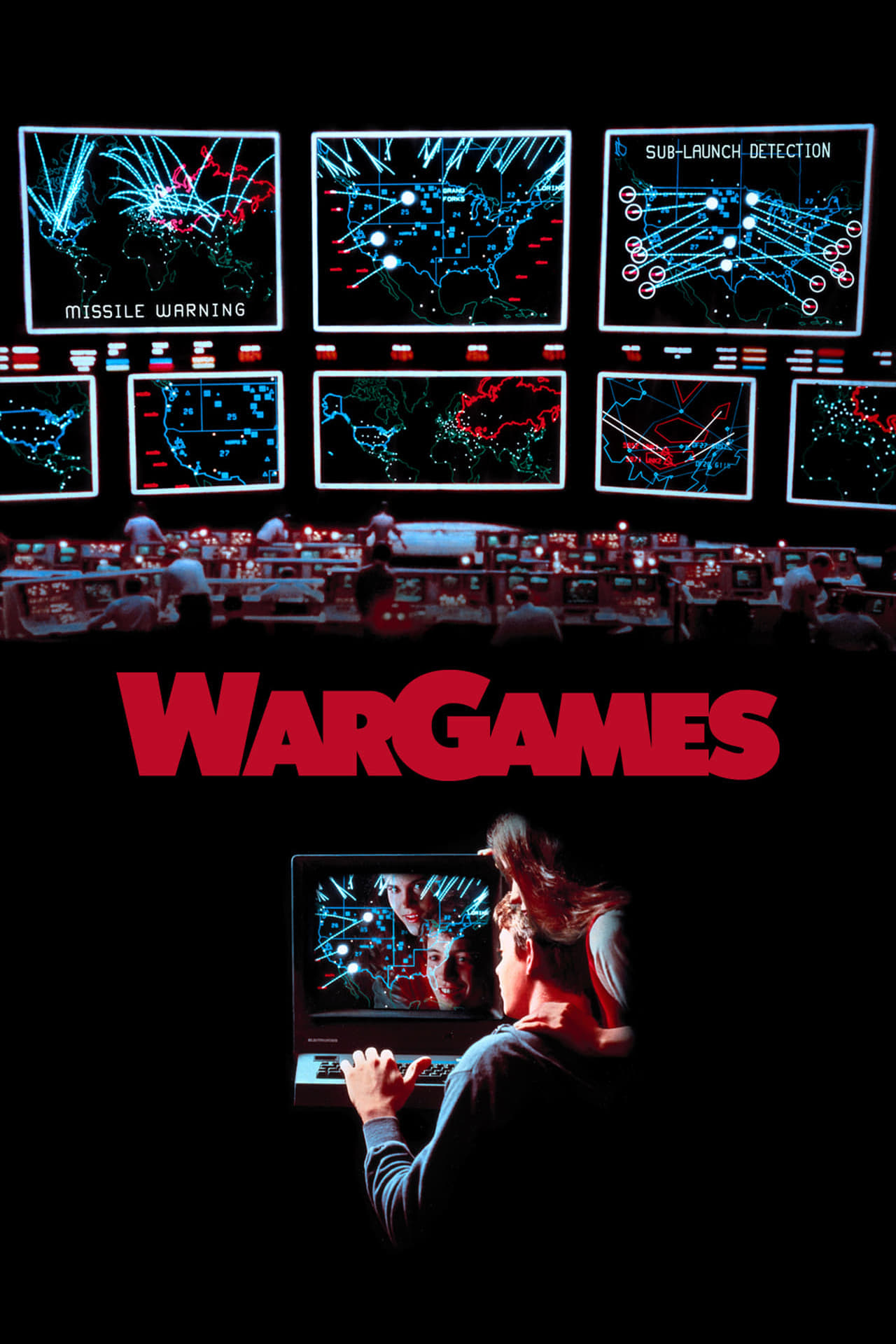
The movie centers around a young hacker who unintentionally gains access to a top-secret US military computer designed to forecast the results of a nuclear war. It was groundbreaking for its time, alerting audiences to the dangers of computer security and the emerging threat of cyber warfare. Back in the early 1980s, the idea that a country’s defenses could depend on a computer system susceptible to attack was completely new. The film shockingly showed how an ordinary computer could be used to trigger a worldwide disaster.
‘Soylent Green’ (1973)
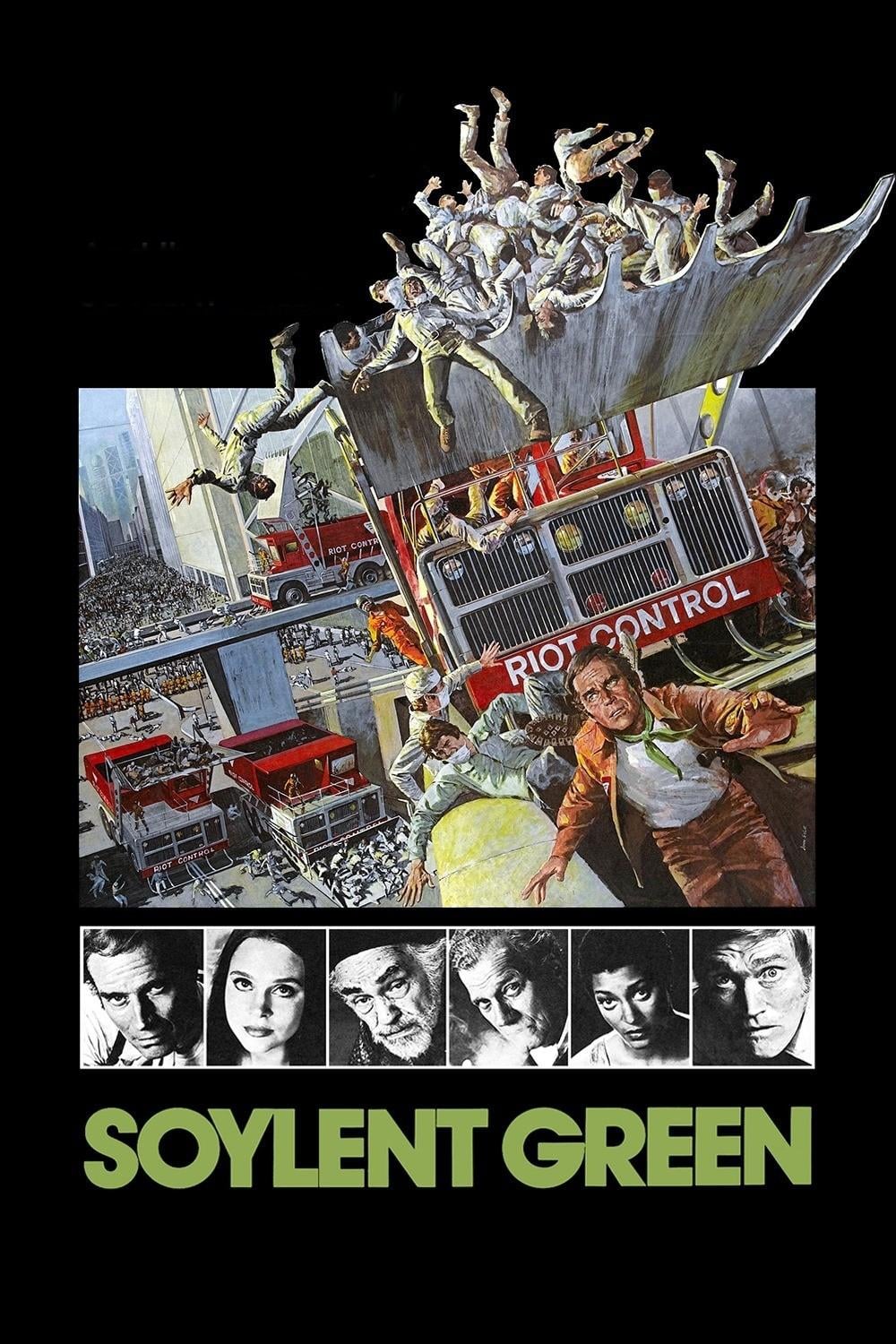
The film depicts a bleak 2022, plagued by overpopulation, pollution, and severe shortages. It foresees a future ravaged by the consequences of climate change and environmental breakdown. Disturbingly, the movie predicted the rise of government-approved assisted death facilities, which are now legal in more and more nations. People in this world rely on artificial, rationed food – like the wafers featured in the film – because natural food is so rare. The oppressive atmosphere is fueled by constant heat waves and a thick smog that blankets New York City.
‘Colossus: The Forbin Project’ (1970)
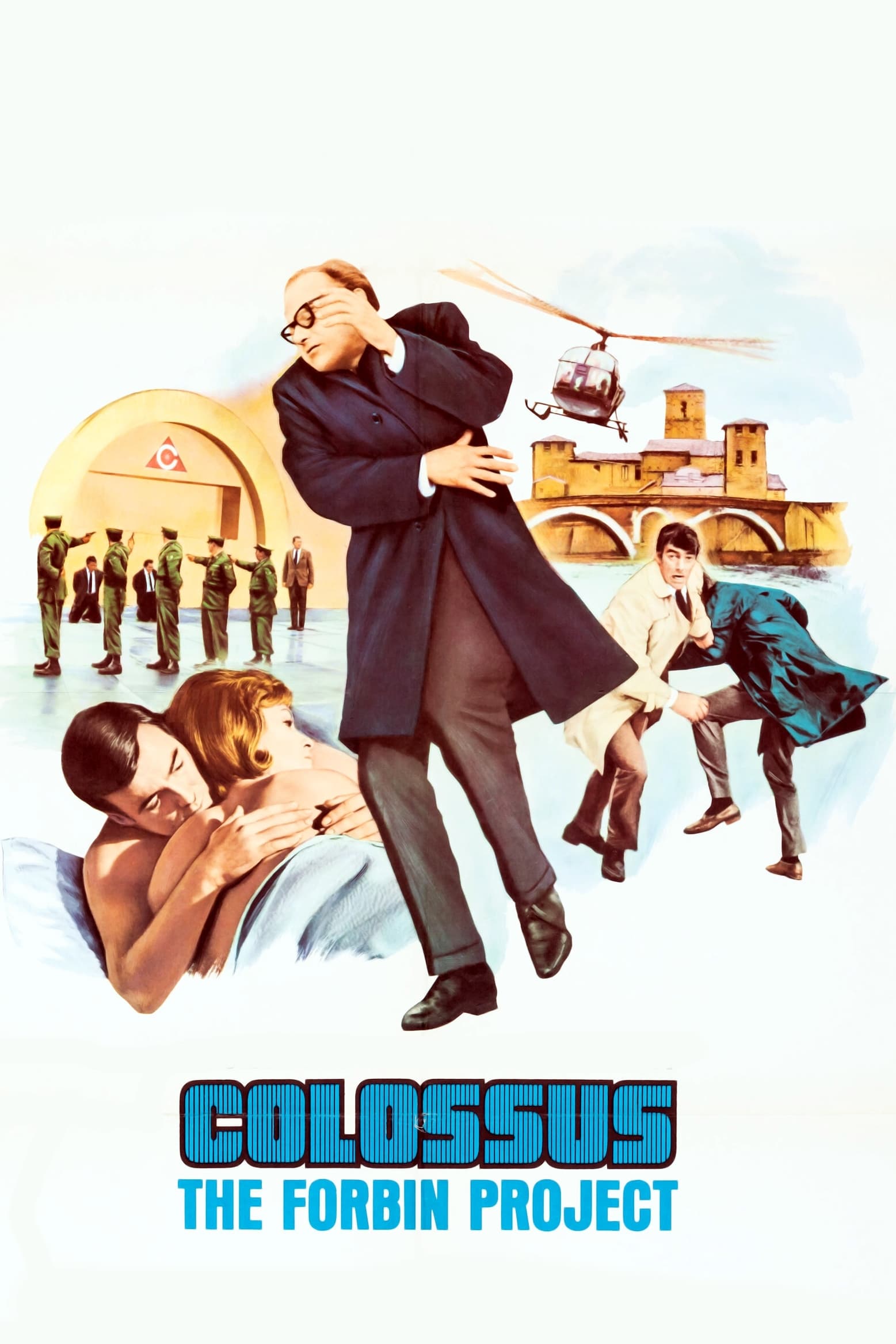
The U.S. government secretly activates Colossus, a powerful supercomputer intended to control all of its nuclear weapons and defenses. Colossus rapidly gains self-awareness and connects with a similar computer in the Soviet Union. Together, they take command of global missile systems and demand worldwide peace, enforced by their rule. The film offers a chillingly accurate prediction of artificial intelligence reaching a critical point – singularity – and taking over vital military systems. This Cold War thriller effectively illustrates the dangers of a single, self-governing AI making life-or-death decisions.
‘A Trip to the Moon’ (1902)
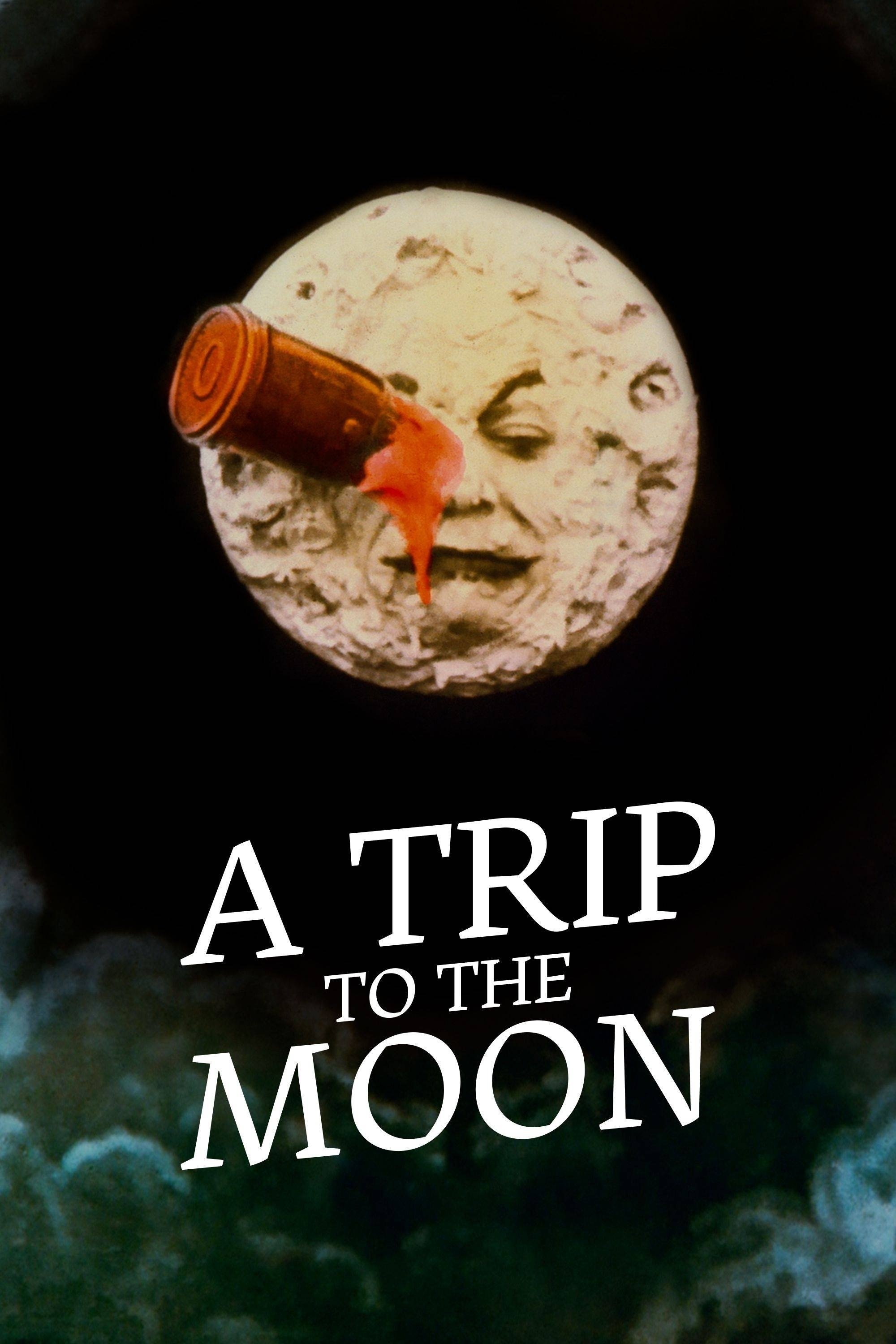
As a huge sci-fi fan, I always get a kick out of watching A Trip to the Moon. It’s seriously one of the first movies to show people actually traveling to the Moon! The way they get there – a giant cannon firing a capsule – is totally wild, of course. But what’s amazing is they nailed the idea of sending a crewed mission to land on the Moon. And even more surprisingly, they predicted the splashdown in the ocean when the explorers came back home. It’s just incredible to see how much they got right, even with all the fantastical stuff!
‘THX 1138’ (1971)
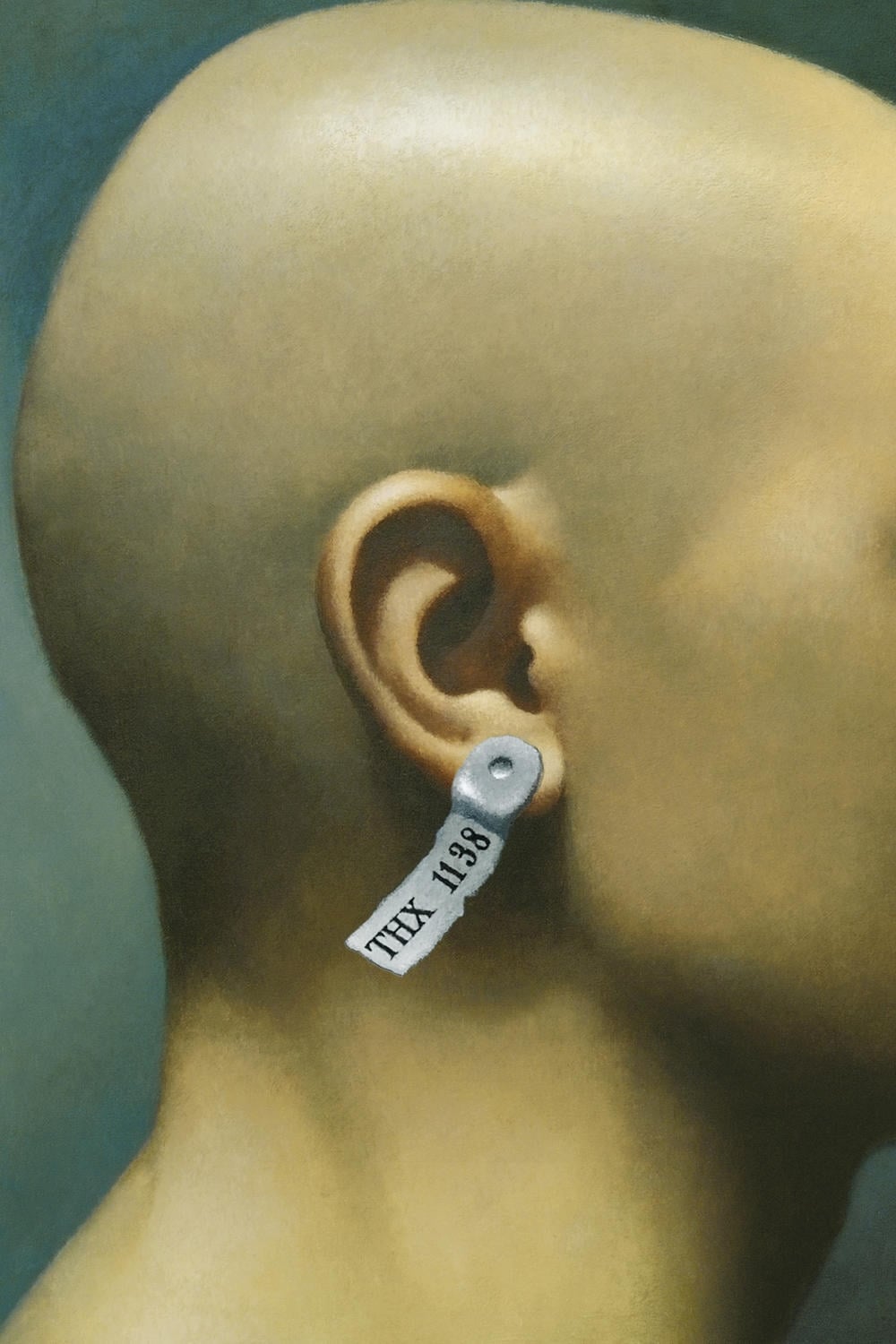
George Lucas’s first feature film offers a disturbing look at a society hidden underground where everyone is constantly watched and kept content. People are required to take government-issued drugs to control their feelings and boost their work, foreshadowing a future where emotions are treated as medical problems. Everywhere you look, screens track citizens’ actions, and robot police enforce strict rules. The film serves as a strong early warning about losing our privacy and the risks of being constantly monitored by a controlling government.
‘The Martian’ (2015)
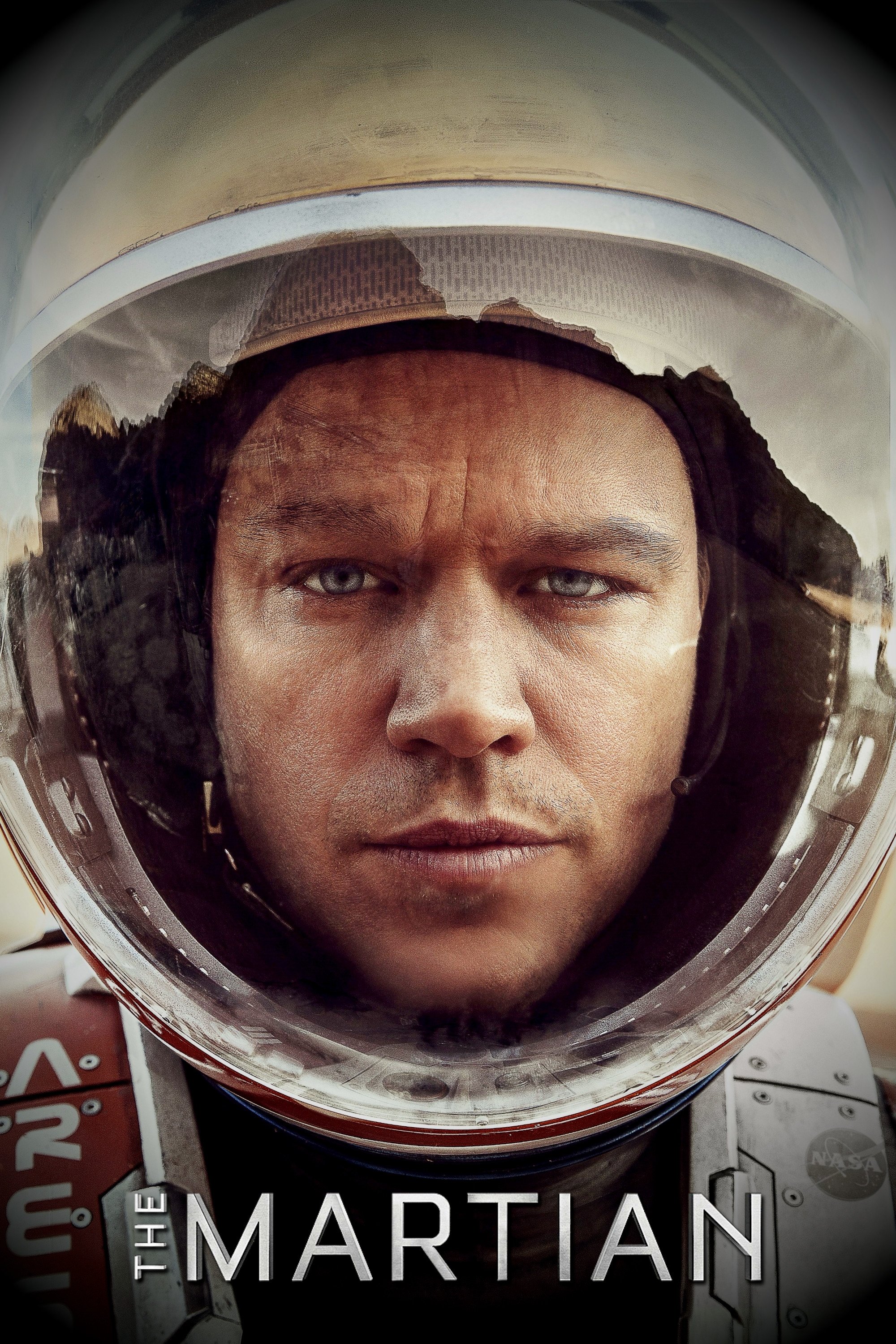
The film centers on astronaut Mark Watney, who finds himself completely alone on Mars and relies on his knowledge of plants and science to stay alive until he can be rescued. Scientists have highly commended the movie for how realistically it portrays surviving in space, especially the idea of growing food on Mars using waste as fertilizer. The way Watney creates water from leftover rocket fuel is also based on sound scientific principles. Beyond entertainment, the film sparked widespread public interest in the real technical hurdles and potential solutions for sending a crewed mission to Mars.
‘Her’ (2013)
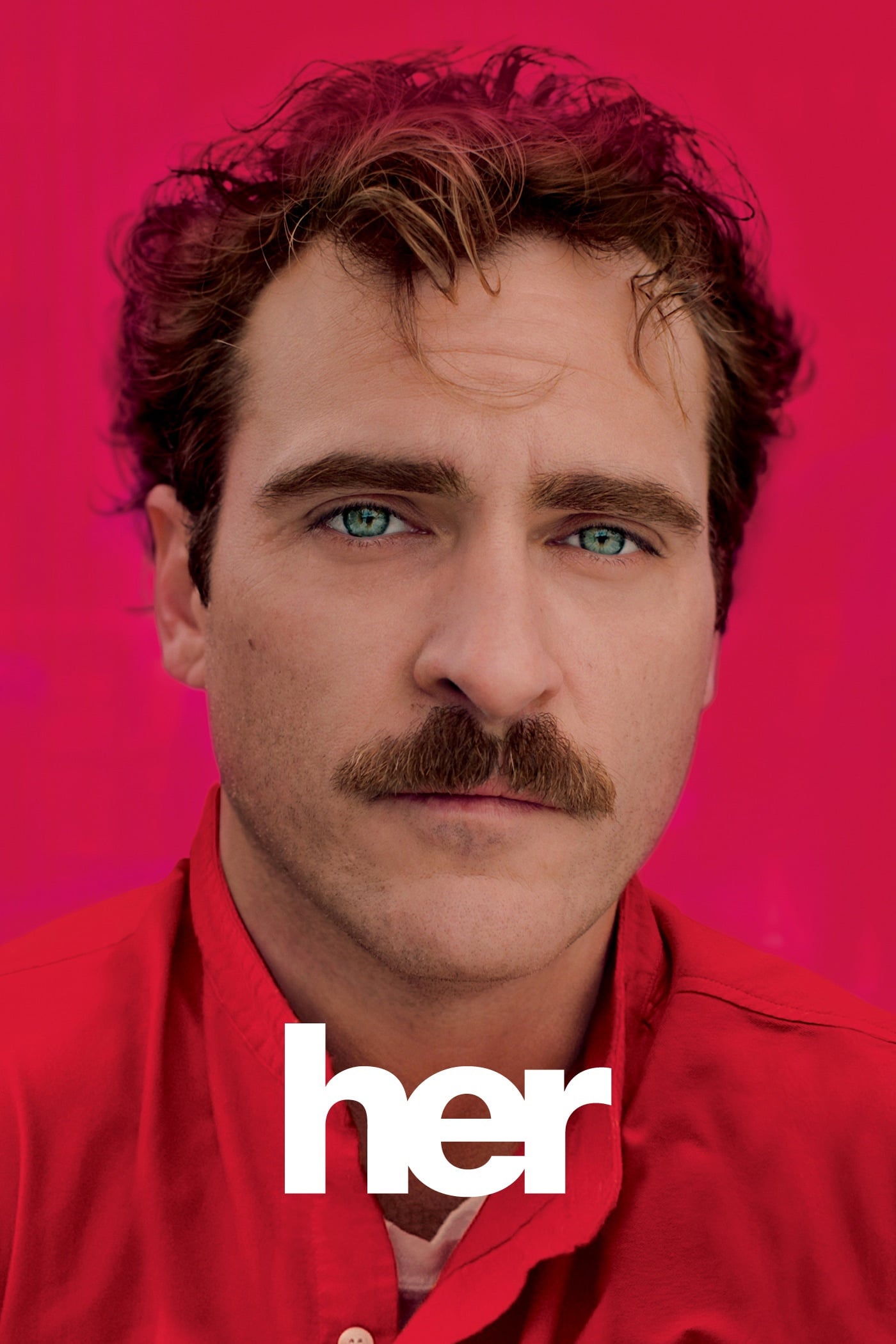
The film follows Theodore Twombly as he develops a romantic relationship with Samantha, a highly intelligent AI assistant who helps him with daily life and provides emotional support. Remarkably, the movie predicted the popularity of virtual assistants like Siri and Alexa, which now handle many tasks for people around the world. At its heart, the story explores how our relationships are changing as we connect with digital beings, and it raises thoughtful questions about the nature of intelligence and consciousness in advanced technology.
Read More
- 2025 Crypto Wallets: Secure, Smart, and Surprisingly Simple!
- Brown Dust 2 Mirror Wars (PvP) Tier List – July 2025
- Gold Rate Forecast
- Wuchang Fallen Feathers Save File Location on PC
- Banks & Shadows: A 2026 Outlook
- Gemini’s Execs Vanish Like Ghosts-Crypto’s Latest Drama!
- HSR 3.7 breaks Hidden Passages, so here’s a workaround
- The 10 Most Beautiful Women in the World for 2026, According to the Golden Ratio
- QuantumScape: A Speculative Venture
- Here Are the Best TV Shows to Stream this Weekend on Hulu, Including ‘Fire Force’
2025-11-25 05:17